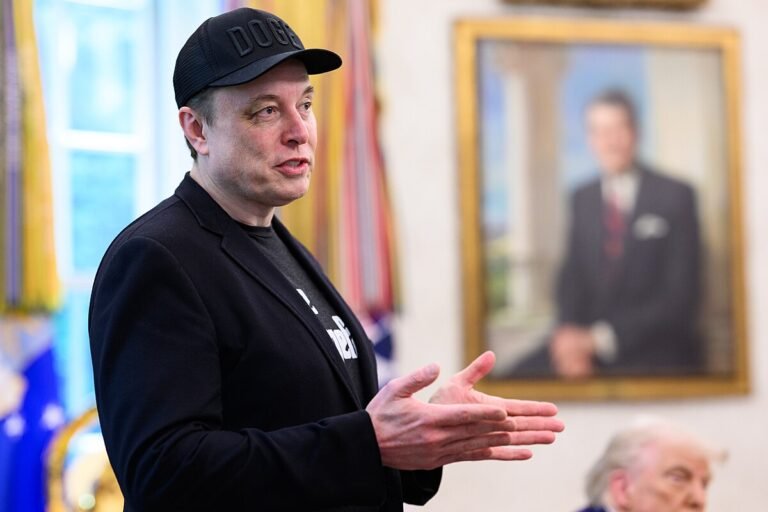
On Monday, a federal appeals court in Washington, D.C., took on a major legal question: Who controls TikTok’s algorithm—the U.S.-based operations or its Chinese parent, ByteDance? This case could determine whether TikTok faces a nationwide ban in the U.S. and has broader implications for how courts handle digital speech, foreign ownership, and national security.
The Law Behind the Ban
Earlier this year, Congress passed a law targeting foreign-owned platforms linked to adversarial entities, like ByteDance, if they are considered national security risks. If the court upholds the law, TikTok must sell to a non-Chinese company by mid-January 2024 or face a total ban in the U.S. This legislation focuses specifically on foreign influence over TikTok’s algorithm, the key to its success with 170 million U.S. users.
A Divided Judicial Panel
A three-judge panel, consisting of Chief Judge Sri Srinivasan (appointed by Obama), Judge Neomi Rao (appointed by Trump), and Judge Douglas Ginsburg (appointed by Reagan), heard the case. The judges posed tough questions to both TikTok and the U.S. government. They grappled with the relationship between TikTok and ByteDance, comparing the case to past foreign propaganda and First Amendment cases. The discussion also explored whether China could use TikTok to influence U.S. public opinion during a crisis, such as a potential U.S.-China conflict.
TikTok’s Defense: Free Speech and U.S. Operations
TikTok’s attorneys argued that most of its content curation happens in the U.S., making it a form of expressive speech. They emphasized that the law targets TikTok’s foreign ownership, infringing on Americans’ First Amendment rights by limiting access to the platform. They also highlighted legal precedents protecting the right to access foreign perspectives, even those considered propaganda.
Judge Srinivasan raised concerns about the law’s potential impact on free speech, questioning how it might affect Americans’ ability to express themselves or access information. However, the government’s attorney, Daniel Tenny, insisted that ByteDance’s involvement brought inherent risks, noting that some of TikTok’s code was developed in China.
Consequences of a Ban
If TikTok loses, it will need to either divest from ByteDance or stop operating in the U.S. entirely. This would fundamentally alter the app and possibly remove the algorithm that drives its popularity. To address national security concerns, TikTok has already implemented changes through “Project Texas,” such as moving U.S. user data to Oracle-controlled servers and creating barriers between TikTok and ByteDance. However, U.S. officials abandoned a draft security agreement, arguing that ByteDance’s influence remained a threat.
Free Speech and National Security Concerns
TikTok, along with a group of content creators, claimed that banning the platform violates free speech rights. They argued that Americans should be allowed to access and express themselves through the app. They also noted that courts have historically preferred transparency over banning foreign content.
The broader implications of this case extend beyond TikTok. Upholding the ban could set a precedent for the government to regulate foreign-owned digital platforms in the U.S. Critics of the law argue that it unfairly targets TikTok due to its Chinese ownership, while ignoring privacy and security issues with other platforms. Supporters believe the law is necessary to safeguard national security.
China’s Role and U.S. Fears
The U.S. government sees TikTok’s connection to ByteDance as a potential intelligence risk. They worry the Chinese government could pressure ByteDance to hand over data or use the app to spread disinformation. Although TikTok operates outside China, ByteDance has a presence there, and China’s national security laws require cooperation with intelligence agencies. Critics of the law argue that the risk, while plausible, remains unproven.
The Broader Impact
If the court rules in favor of the U.S. government, TikTok will face major changes. The company has warned that separating from ByteDance would be technically impossible without losing the algorithm that drives its success. Despite this, the U.S. government insists that TikTok has other options to address security concerns, justifying the app’s ban.
With the January deadline fast approaching, the court’s decision could have lasting consequences for digital platforms, free speech, and the ongoing U.S.-China tech rivalry.



